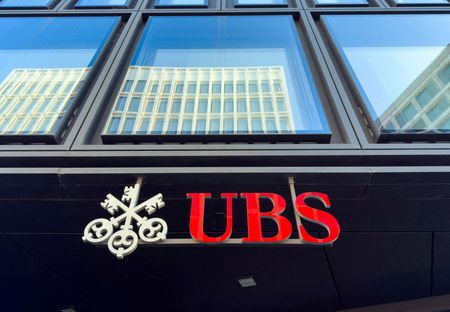By Sachin Ravikumar
LONDON (Reuters) – Many foreign workers in Britain’s social care sector have paid thousands of pounds in fraudulent fees to get a job, live in overcrowded housing and earn less than the minimum wage, a survey by trade union UNISON showed on Tuesday.
The survey of more than 3,000 people who arrived on health and care worker visas showed nearly a quarter had paid money to a care provider or a recruitment agency in return for the promise of a job.
Some had paid more than 20,000 pounds ($24,700) in return for a job, the survey showed. In one case a single mother sold all her belongings and borrowed from relatives to pay 5,000 pounds, only to find no work when she arrived in Britain.
Nearly a third of all care workers in England are migrants, many having arrived from countries such as Nigeria, Zimbabwe, India and the Philippines to fill thousands of vacancies after Britain left the European Union and to meet the healthcare demands of an ageing population.
Charities and unions say Britain’s post-Brexit system of allowing companies to sponsor workers to receive a visa empowers unscrupulous employers who can use the threat of deportation to abuse workers.
The investigative agency for labour exploitation, the Gangmasters and Labour Abuse Authority, has said cases of modern slavery, debt bondage and financial exploitation are on the rise in the care sector. The government in November set out stronger sanctions to tackle the problem.
“These shocking findings highlight widespread exploitation of migrant care workers,” UNISON General Secretary Christina McAnea said.
Some workers were effectively being employed as indentured labour, and the system must change, she said.
“This would help prevent exploitation and drive up standards across the care sector.”
UNISON said nearly a quarter of those surveyed who were living in care company accommodation shared a bedroom with other workers, including one case where 15 people were staying in a one-bedroom flat.
More than a quarter of respondents were paid below the legal minimum wage of 11.44 pounds an hour, while 57% reported being unable to pay their bills, the Nov. 20-Jan. 6 survey showed.
Immigration is a huge political issue in Britain, where it has grown to record levels in recent years, fuelling a debate over the ability of strained public services to cope with population growth and the need for foreign workers to drive the economy.
($1 = 0.8098 pounds)
(Reporting by Sachin Ravikumar; Editing by Angus MacSwan)








